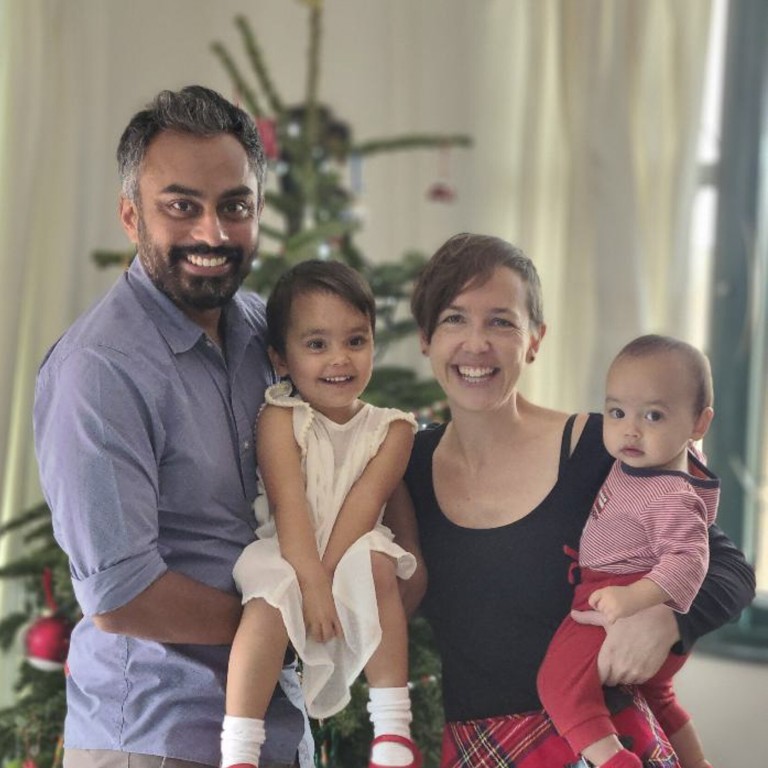
Home swapping and why these people love living in others’ houses: it’s free, convenient and great for families
- With Covid-19 travel restrictions ongoing, many looking for a change of scene have turned to swapping homes with like-minded staycationers
- Swapping can work out much better than a hotel or rented accommodation for parents with young children who exchange with similar families
With travel bubbles proving about as robust as soap bubbles and the thrill of hotel staycations beginning to pall, savvy Hongkongers are taking to holidaying at home. Or rather, at someone else’s home.
Relatively simple to organise, almost free and eminently sociable, home swapping could become this summer’s dominant holiday trend.
Either by following up on word-of-mouth recommendations or, more usually, browsing online, swappers – families, couples, singletons – match up mutually agreeable dates and accommodation, pack their bags and set off for a mini adventure that’s a blend of brand new and reassuringly familiar. High-rise dwellers get to relish a taste of slow island or country life, while rural residents can play the city slicker for a weekend or longer.
Australian teacher Dilan Abeynarayana and his wife, Abigail, set up one of the most popular sites, Hong Kong House Swap (Non Commercial), on Facebook in February.
He walked the length of India’s Ganges and was shocked at what he found
“We came to the conclusion that travel out of Hong Kong wasn’t going to open up any time soon, so we might as well holiday here,” says Abeynarayana, who lives with his family in a three-bedroom village house just outside Sai Kung, in easy reach of beaches and hiking trails.
“We started off swapping houses with friends, as we wanted to go back to Discovery Bay, where we used to live, then we launched the Facebook group, which has just grown and grown,” he adds (the group has 870 members, at the time of writing). “Quite a lot of them are familiar with the general concept as they used to host on Airbnb, but that market is pretty much finished for the moment, and of course ours is a strictly non-commercial operation, so there’s no cash involved.”
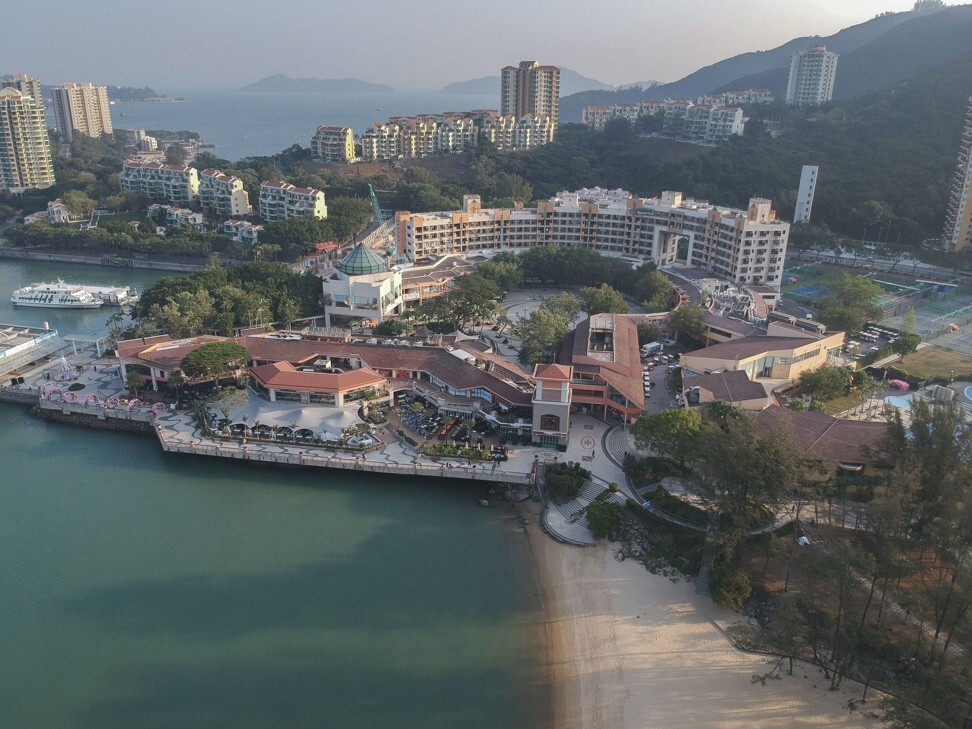
Much of the pleasure of house swapping comes from dealing with like-minded people, says Abeynarayana, who teaches at the Hong Kong Academy in Sai Kung.
“You are acting in good faith – but you pretty much know that whoever you’re swapping with are not going to be a bunch of idiots who’ll trash your place,” he says.
The Abeynarayanas have already swapped in Lamma Island, and have stays in Mid-Levels, Discovery Bay and Deep Water Bay lined up for the summer.
“We have two preschool children and they really appreciate having somewhere new to explore, and new toys to play with. And someone else’s house has got character, unlike a hotel room that can be pretty soulless. Of course, swapping is a darn sight cheaper too.”
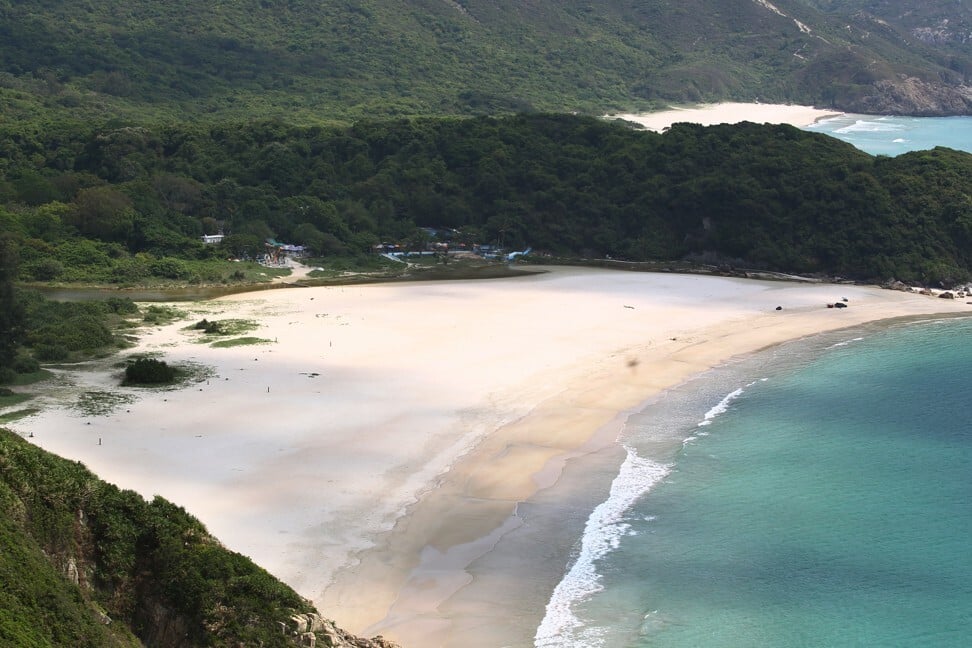
On Lantau Island, Nissa Cornish lives with her husband and three-year-old son in a scattered hamlet at the upper end of a small valley, a 500-metre walk or cycle from the nearest motorable road. There is little but trees and hills visible on all four sides of her open-plan duplex. It’s the antithesis of the received image of Hong Kong as a concrete jungle.
“We’d no sooner posted on the swap site than we were deluged with enquiries,” says Cornish, who is executive director of the environmental group Redress. “Unfortunately, a lot came from people living in places we really didn’t want to go to, but we’ve booked in Stanley and Sai Kung, which are relatively far away, so it’s going to be almost like getting on a plane again.”
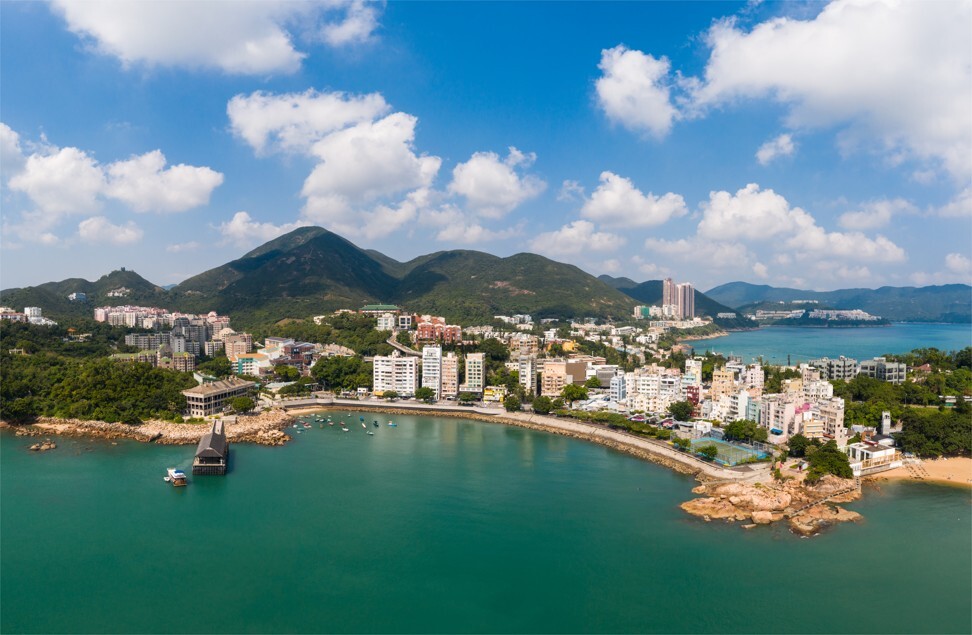
To all the obvious reasons for swapping – Covid-19 travel restrictions, looking for a change of scene, and a desire to explore less familiar parts of Hong Kong – Cornish adds one more.
“We actually want to share what we have,” she says. “There’s no noise here, unless you count birds and barking deer. We’re 10 minutes’ bike ride from the beach, and it takes the same time to get up to the country park. There’s a slew of restaurants in the village, as well as all the infrastructure like transport, shops and a government clinic. So you could say pretty much every base is covered.”
For Betty Wong, who traded her Discovery Bay apartment for a house in Sai Kung over Easter, swapping was as much about the change in ambience as the actual living quarters.
“Sai Kung is much more laid-back, and much less developed – we loved it,” says Wong, who runs a pet supplies business with her husband. “One day we took a speedboat out to Tai Long Wan, which is a really stunning beach, and the second day we had breakfast in town and then came back [to their borrowed home] for a lunchtime barbecue and an Easter Egg hunt.”
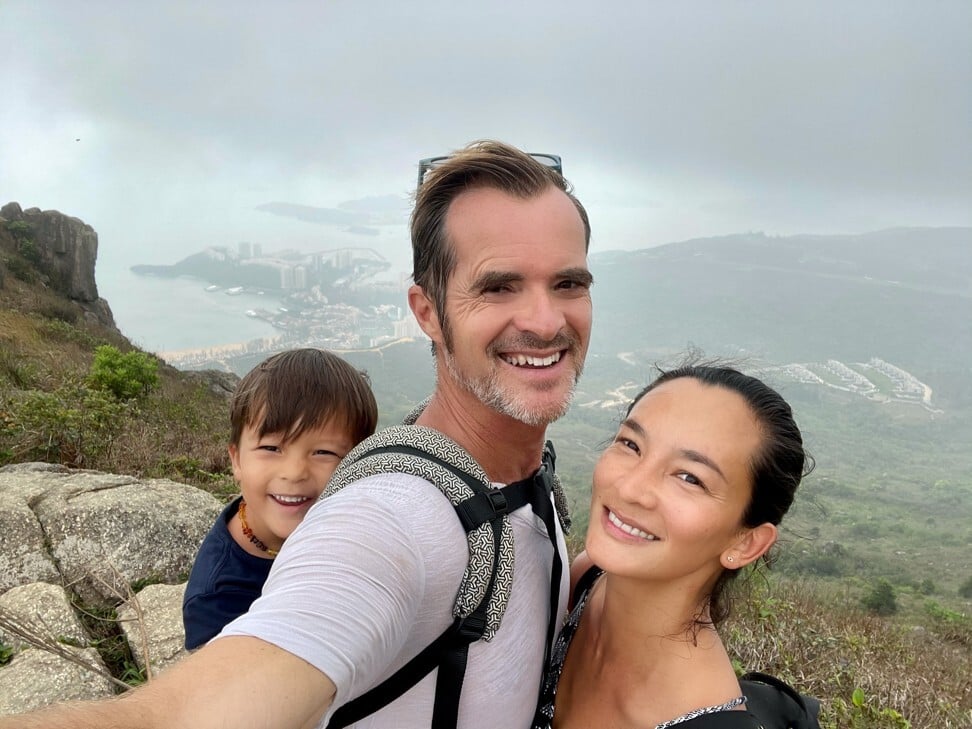
Wong says that swapping works out much better than a hotel or rented accommodation for parents with young children.
“Our kids are both under three, and we exchanged with a couple who have children of similar ages so there was a cot and a toddler bed and lots of toys,” she says. “They said they really liked our home, so all in all it was really enjoyable. The various parts of Hong Kong are different enough that it feels like we had a real getaway.
“We used to Airbnb our home so we are not bothered by the idea of a stranger staying – we’ve not had a single bad experience. People are very kind and even if they break something small, they will usually tell us.”
There is a part of me that loves to play the downtown dude. But a couple of days or a long weekend is enough, and then I go back home and look forward to the next swap
Serial swapper Hannah McLeod has done just about a full circuit of the Hong Kong Monopoly board, trading her village residence in Sha Kok Mei in Sai Kung for pads in Lamma, Discovery Bay, Wan Chai and Pui O, on Lantau.
“Everywhere we’ve been has worked out really well and we’ve found people lovely to deal with,” says McLeod, who oversees strategy and marketing for a non-profit focused on workplace mental health. “To start with, I used to post on general community pages, but it’s a lot easier now there is a dedicated swapping page on Facebook.
“I have a girl and a boy, both under five, so we look to swap with similar families. I always take a close look at the photos of the place we have our sights on to make sure it isn’t ‘too nice’, so we can all relax a bit, rather than having to worry about making a mess.
“All in all, it’s just great to get away to somewhere different. We don’t do anything particularly special, just go to parks and beaches that we wouldn’t be able to get to easily from our own place.”
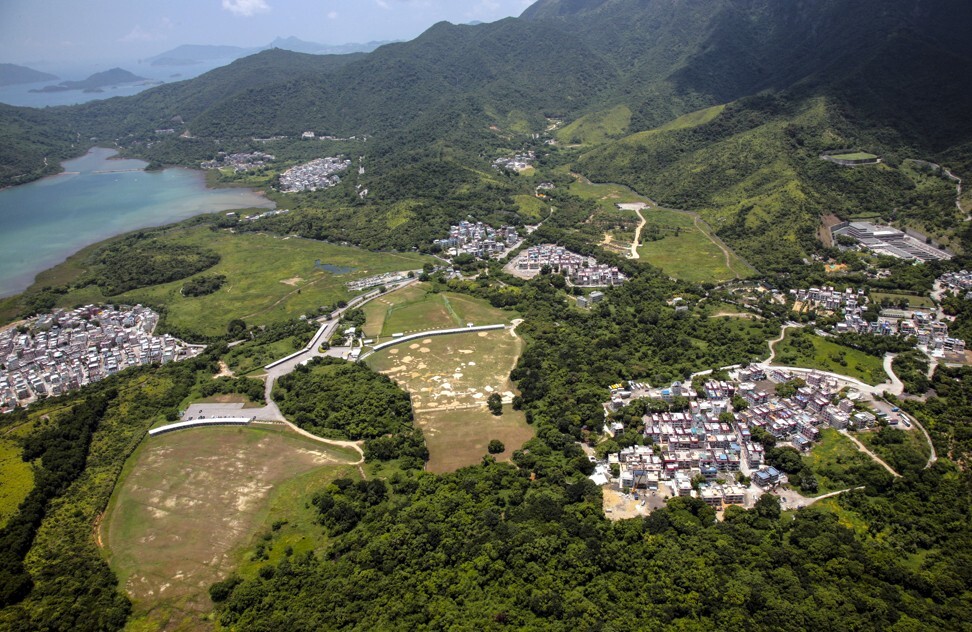
David Pang, who lives outside Fanling, in the northern New Territories, is a bachelor who has taken to house swapping with alacrity.
“I am an IT consultant and work from home, and I am holed up in this pretty remote village almost all the time, so the chance to go down to the big city is a bit of a treat,” he says. “Plus a swap doesn’t cost me a single cent, so that makes it even more of a good deal.
“I don’t swap online, but just exchange with friends, or friends of friends, which I feel is safer. I’ve put a lot of effort into making my home look good, and I’d feel uncomfortable if I knew that a complete stranger, no matter how nice they seemed, was in situ.
“I’ve only had one adverse incident, when a guest accidentally smashed a piece of crystal that I’d brought back from Europe. It can’t be replaced, so now I put away anything that’s really valuable to me in a cupboard and lock it up.”
Pang says simply boarding the train and heading downtown is like a holiday in itself.
“All I need is my phone, laptop and a toothbrush and off I go. I usually choose somewhere in Mid-Levels or Sai Ying Pun – certainly somewhere on [Hong Kong] Island. Just being able to walk down the street and get a coffee, or catch a movie, and wander around the malls is such a pleasure.
“I wouldn’t want to live anywhere else full-time but my current place. However, there is a part of me that loves to play the downtown dude. But a couple of days or a long weekend is enough, and then I go back home and look forward to the next swap.”

